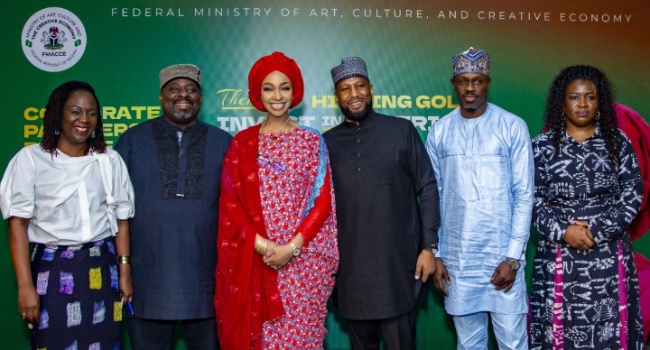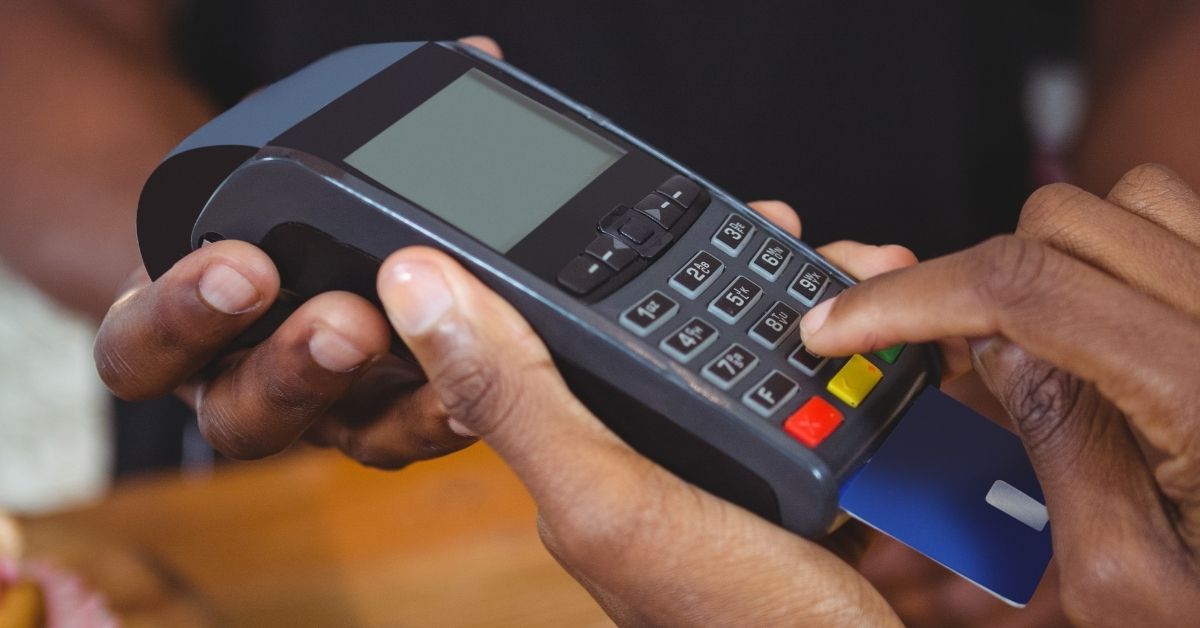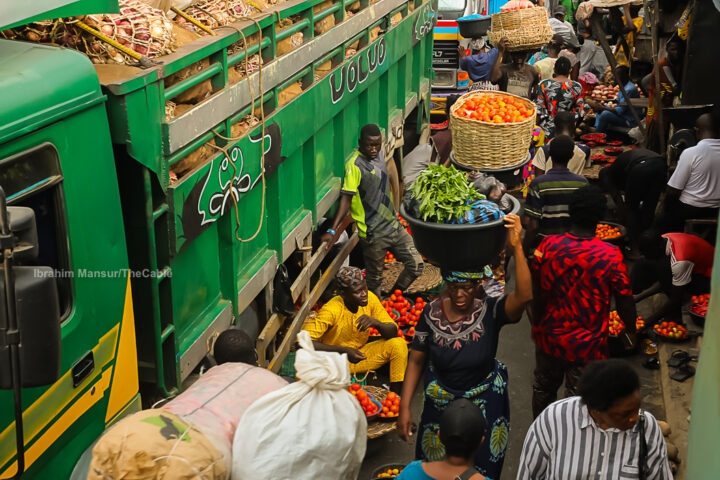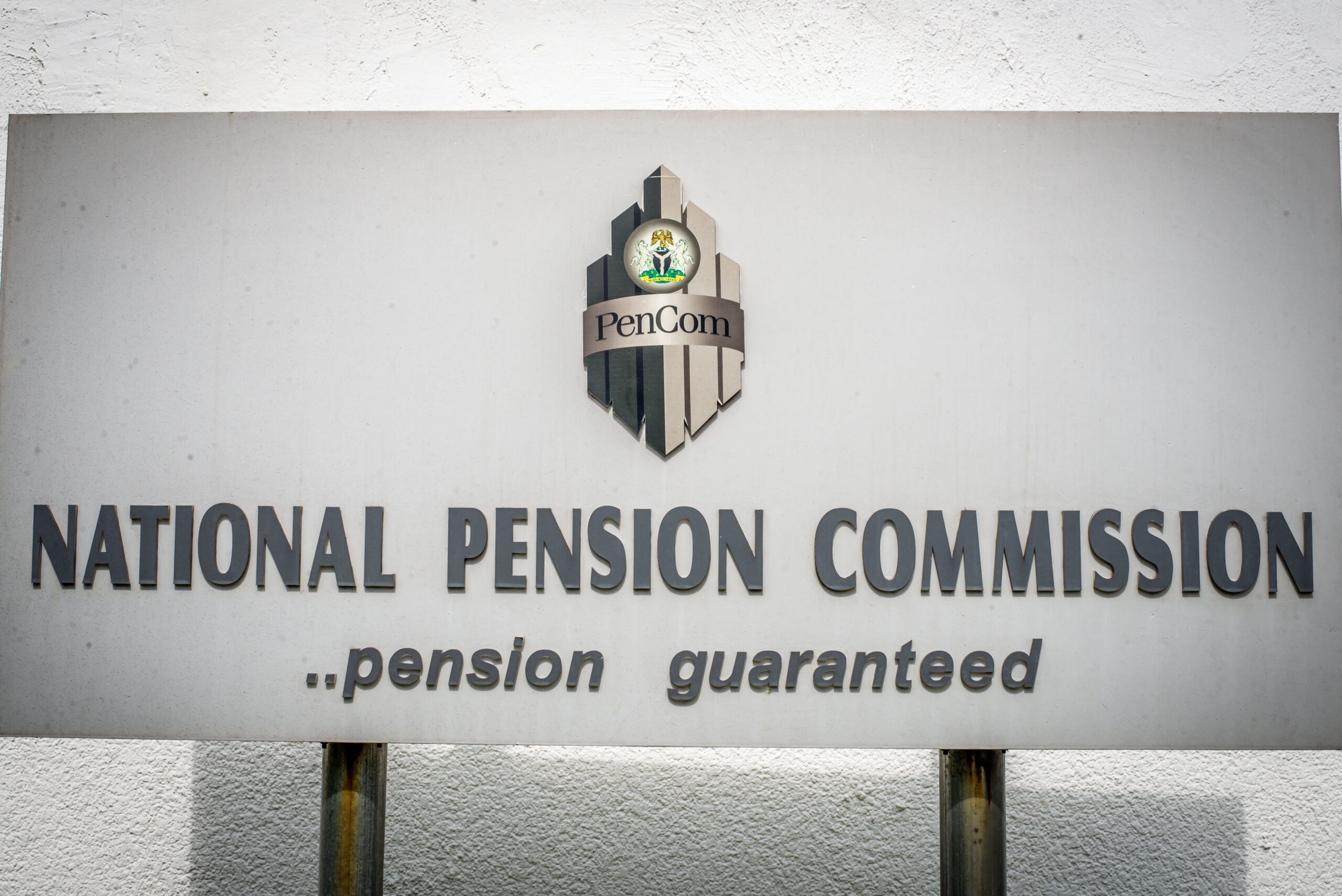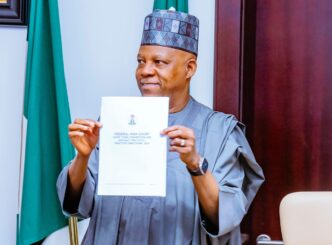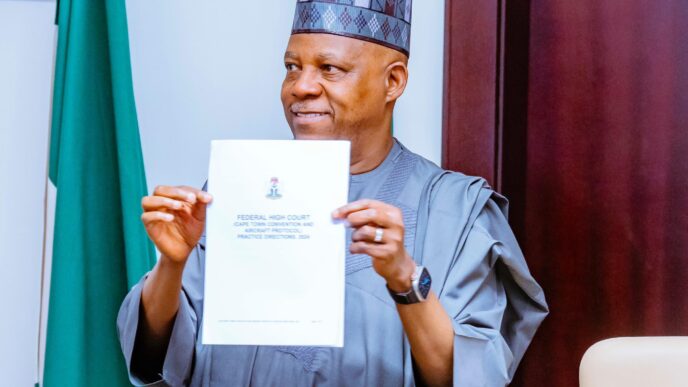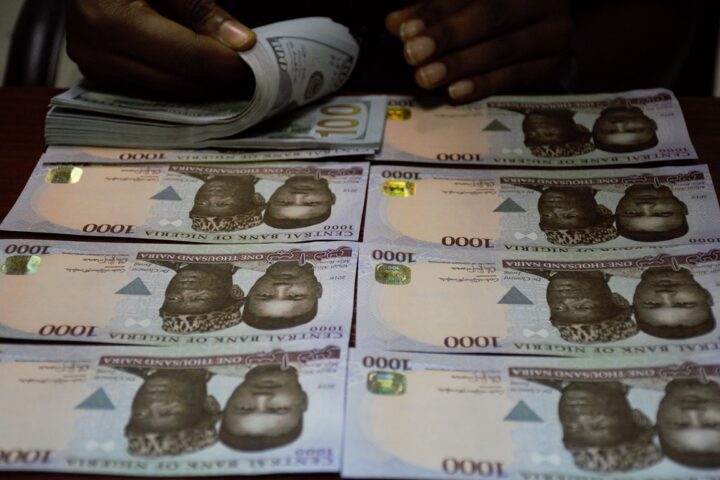The federal government has unveiled its plans to generate $100 billion from Nigeria’s creative economy.
Hannatu Musawa, the minister of art, culture and the creative economy, introduced the plan on Wednesday at a roundtable event in Lagos attended by both local and international investors.
Musawa said the plan will also create over two million jobs in the economy yearly.
During the presentation, Musawa outlined the ministry’s 8-point plan and roadmap.
Advertisement
She said if the plan is fully executed, it has the potential to meet its financial and employment objectives.
According to the minister, the plans include Nigeria destination 2023, a national initiative designed to grow the arts, culture and creative economy under one united vision, skills development, fastrack policy frameworks and strategy governance and collaboration.
The plans include smart strategic partnerships, growth targets for gross domestic product (GDP) contribution and sectoral output, enabling business environments and cultural heritage preservation and sustainability.
Advertisement
She said despite its immense potential, Nigeria’s creative industry presently contributes only $5 billion to the economy, with its various sub-sectors at different stages of development.
“The sectors include music (sound recording, live performances and music videos), visual media (movies, TV shows, comedy shows, podcast, content creation), visual arts & craft (canvas painting, design, sculpturing, woodwork and other craft works), heritage & museums, culinary arts, fashion, publishing (books, literary arts, poetry, magazine, etc) and video gaming,” Musawa said.
FG IDENTIFIES INITIATIVES TO BOOST CREATIVE SECTOR
To achieve its goals, Musawa announced that the ministry has identified 14 key initiatives aimed at driving sector growth and significantly increasing government revenue by $10 billion to $20 billion.
Advertisement
These initiatives, the minister said, are organised into four main pillars: technology, infrastructure and funding, international culture promotion and intellectual property monetisation.
“Under the technology pillar, the ministry intends to launch a digital content creation tool accessibility programme to provide improved and discounted digital tools for Nigerian creatives,” she said.
“Others include the launch of the Nigeria content distribution initiative to increase the nationwide adoption of digital tools for content distribution, the launch of a study to estimate the size of the creative industry in Nigeria including a framework to size the market going forward and the expansion of internet accessibility in underserved regions in Nigeria to expand the reach of the other digital initiatives.
“For infrastructure and funding, this entails cataloguing existing infrastructure for the arts, culture and creative economy and its current state, developing the appropriate infrastructure needed to the industry and leveraging public-private partnership to fund development, providing incentives to stakeholders in the creative economy to boost investment and adoption of strategic initiatives, and launching a creative accelerator program to provide capital and capacity building to creative companies.
Advertisement
“Under international culture promotion, the ministry will establish a culture promotion office collaborating with Nigerian embassies abroad, to promote Nigerian arts, culture and creative economy, and leverage AFCTA to boost Nigerian creative output export regionally and globally.
“For intellectual property monetisation, the ministry will seek to establish globally standardised Collection Management Organisations (CMOs) for most of the sectors, launch a copyright oversight initiative in partnership with the Nigeria Communications Commission (NCC) to enhance tracking, monitoring, and enforcement of copyright standards, ensuring CMOs’ adherence to CISAC standards.
Advertisement
“It will also develop and implement the intellectual property framework and operationalise Nigeria’s IP licencing framework.”
Musawa said the creative economy could expand by 400 percent by 2027, positioning the sector for significant long-term growth and achieving its vision.
Advertisement
She said the ministry has launched several initiatives and formed partnerships to actualise these goals.
Among the initiatives are the creative leap acceleration programme, CultRise, a project focused on infrastructure development and origins, an advanced data management system designed to collect, store, analyse and share crucial data about Nigeria’s cultural and creative industries.
Advertisement
The minister also outlined several infrastructure projects, including the digital and immersive art centre, the renewed hope creative city at the Wole Soyinka Centre, the arts village in Abuja, the establishment of creative hubs across Nigeria’s 36 states, the national entertainment centre, Abuja creative city and the National Gallery of Art, among others.
To support the government’s job creation objectives in the creative sector, Musawa said the ministry has partnered with BigWin Philanthropy, an international development organisation, to implement a transformative strategy for capacity building and job creation.
The event included a panel discussion featuring the minister, along with key officials from the ministry.
The panelists included Obi Azika, director-general of the National Council for Arts and Culture; Faiz Imam, principal adviser to the minister of art, culture and the creative economy; and Aliyu Nuhu, managing director of the Nigerian Film Corporation.
Add a comment
